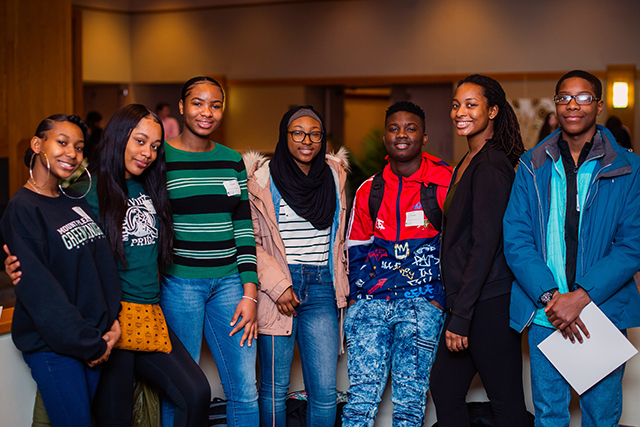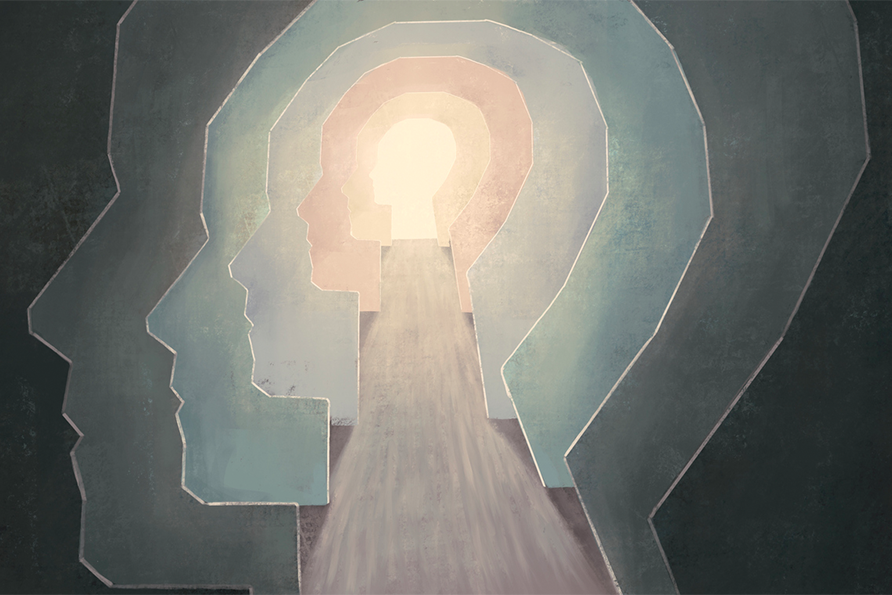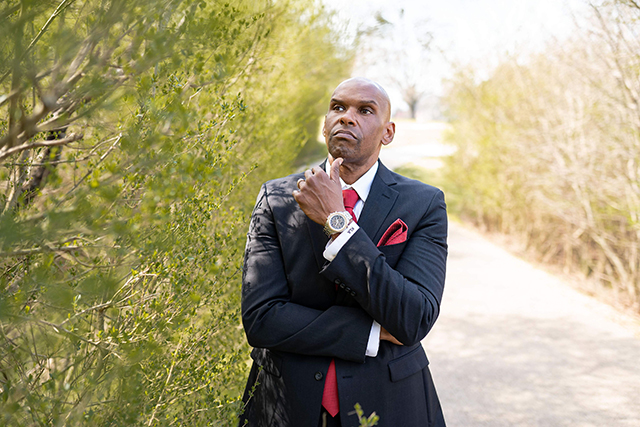Emotional intelligence has come to occupy a funny space between buzzword and highly sought-after skill in today’s workplace. In fact, according to the World Economic Forum’s list of the top ten skills employees will need to exceed expectations in the digital work age, emotional intelligence is ranked sixth.
Much like any other skill, emotional intelligence can be improved, though that fact does not bring clarity on how to go about practicing it. Here’s a short explanation along with a few insights on how to go about improving your own emotional intelligence from Chade-Meng Tan’s book, Search Inside Yourself.
What is Emotional Intelligence really?
Chade-Meng Tan, a Google engineer turned emotional intelligence monk, wrote and developed Search Inside Yourself, an internal Google course dedicated to helping the tech giant’s employees grow both personally and professionally. The course spawned spin-offs, including a New York Times bestseller.
Tan pulls his definition of emotional intelligence from the fathers of its hypothetical framework: Peter Salovey and John D. Mayer. The definition these famed scholars use is: “The ability to monitor one’s own and others’ feelings and emotions, to discriminate among them and to use this information to guide one’s thinking and actions.”
The value of this incredible skill in the workplace has no bounds. Just think of all the times your emotions got the best of you, or of the instances when others have let their own emotions cloud what’s really important. A person with a high degree of emotional intelligence navigates trying situations with emotional clarity, staying positive and productive throughout the interaction. And that’s just in the workplace: the benefits of this skill can improve all parts of your life and relationships.
At its core, the aforementioned definition of emotional intelligence as an ability communicates its need to be practiced, refined, and perfected. Everyone can grow their emotional intelligence ability through time and effort. Humans are not born and stuck with their base level emotional reactions and awareness. Humans are born to explore, learn, and grow and it is no different when it comes to emotional intelligence.

Attention training and meditation
Attention, as Tan writes, “forms the basis for higher cognitive and emotional abilities.” Attention is very important in creating the proper state of mind to improve emotional intelligence. If you can improve your attention to place yourself in a calm and clear mind, you can create a quality foundation to grow your emotional intelligence ability.
Just as emotional intelligence has entered the zeitgeist and achieved buzzword status, its practical manifestation in mindfulness meditation has reached a similar benchmark. Mindfulness meditation may draw some furtive looks and uneasy laughs, but its scientific backing is touted by Tan throughout his book.
Achieving a mindful state of being helps create a space between yourself and the reality you are in. Instead of jumping into a reaction, a mindful state of being helps you think through your actions rationally, free from impulse and emotion.
Meditative breathing helps train attention and create a mindful state to be able to better react to trying situations. Tan recommends spending just two minutes of each day meditating, “just being,” enjoying your existence in a quiet, calm manner. Two minutes of meditation is optimal for beginners with lower attention spans, and is a terrific point of entry for any level of commitment.
Built in reflection time and…meditation
The value in training attention through meditation comes through the mindful state of being that creates a space between your reactions and your reality. But Tan also advocates to apply that mindful state of being to your entire day, and not just in situations where your emotions could run haywire.
By taking time to deeply reflect on your actions in a mindful state, Tan writes that you “create a high-resolution perception into your own cognitive and emotive processes.” Doing this unlocks self-knowledge and the ability for self-mastery. A mindful state of being brings you closer to clarity, and with clarity, you can best determine what is working for you, and what isn’t.
Meditation works hand in hand with reflection, just as it does with attention. By sticking to a consistent meditation practice, you can build in time to reflect on how much you know yourself and what you need to improve on.
Useful mental habits
Adding useful mental habits to your meditative and reflective practice is like the cherry on top of the ice cream: it simply goes together. Mindful meditation and deeply reflective time help unlock areas of improvement as well as provide a clearer and calmer perspective on reality. A successful meditative and reflective practice is ground zero for forming useful mental habits.
Tan recommends mentally wishing goodwill on others, even when you first meet them, and especially when you don’t see eye to eye. “Having such habits changes everything at work, because this sincere goodwill is picked up unconsciously by others, and you create the type of trust that leads to highly productive collaborations.”
Combining an improved, calmer, less-reactive state of mind with better mental habits helps create the foundation of an emotionally intelligent individual. Consider your own emotional intelligence and reflect on whether you could improve. All it takes to start is two minutes of quiet meditation!








